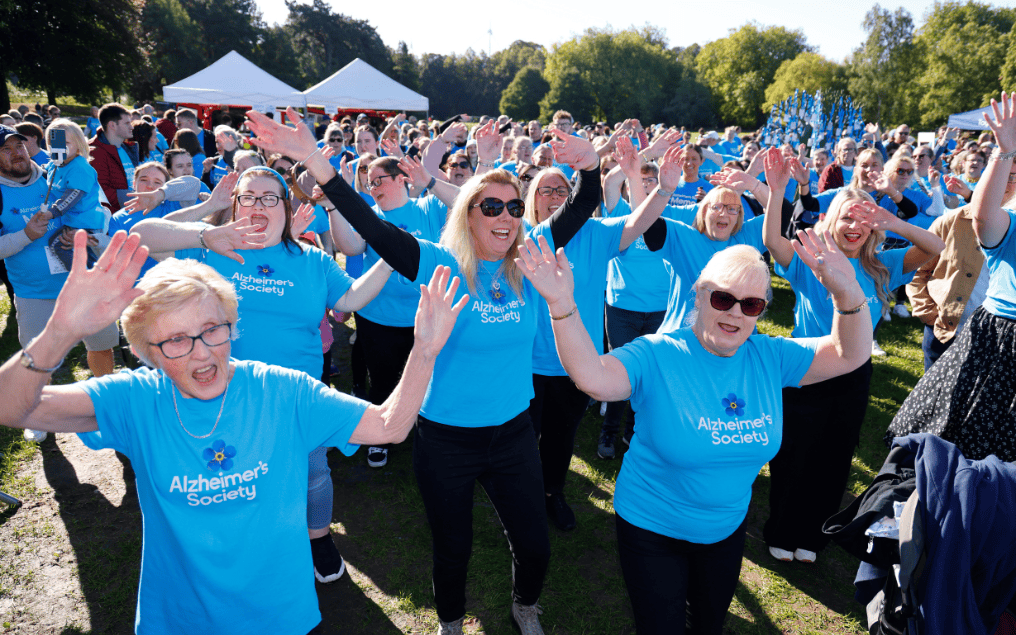Background
Faced with the UK’s escalating dementia crisis Alzheimer’s Society has taken bold steps to support its staff. Dementia, the UK’s biggest killer, has driven care costs to £42 billion. With nearly one million people in the UK living with dementia any introduction of disease-modifying treatments will require monumental collaboration. Recognising the immense demands placed on staff the Society’s leadership has taken bold action to foster a high-support culture that boosts morale and enables employees to thrive.
By 2022 the Society’s employee engagement score reached 84%, a significant improvement from 71% in 2020, reflecting growing satisfaction with how employee wellbeing was prioritised. However, it knew more could be done. When only 47% of staff felt leadership was connected to the daily realities of the organisation it became clear that fostering a deeper sense of belonging and support was crucial. The response: a series of innovative measures aimed at boosting flexibility, wellbeing and overall employee satisfaction.
Approach
Alzheimer’s Society’s strategy focused on three key pillars: data-driven decision-making, inclusive wellbeing policies and flexible working arrangements. A working group, Better Together Wherever, was created to assess ways of working and ensure policies aligned with staff wellbeing needs. Surveys were conducted to understand how people preferred to work.
To further enhance support the Society recruited a Wellbeing Lead and established a Wellbeing Working Group, with representation from across directorates and lived-experience networks. Their feedback shaped a wellbeing approach based on flexibility and inclusivity, with changes to policies such as the introduction of hybrid working options, enhanced maternity and paternity leave and volunteering leave. Through a range of employee listening mechanisms additional areas for improvement, such as paid leave for carers and those undergoing fertility treatment, were highlighted and implemented.
“Alzheimer’s Society’s unwavering commitment to staff wellbeing has fostered a culture of support, driving remarkable internal satisfaction and external success”
The Society also expanded its employee networks, introducing groups focused on neurodiversity, grief and bereavement, and mental health. Supported by senior leadership, these networks offer a space for staff to share experiences and challenges, fostering peer support and solidarity across the organisation.
Outcome
The results of these efforts have been impressive. Alzheimer’s Society became the only charity in the large category to feature in the Sunday Times Best Places to Work. Its wellbeing initiatives were recognised with accreditation as a Menopause Friendly Employer, and 91% of staff reported feeling cared for by the organisation. Further temperature checks in 2023 showed that 89% of staff felt the Society remained committed to supporting their wellbeing and Confidence in management increased to 89%.
This focus on internal wellbeing has had tangible strategic benefits as well. Fundraising grew by 12%, new corporate partnerships brought in £3 million and staff retention rates improved, with turnover decreasing from 23% to 14%. Glassdoor ratings jumped from 2.6 to 4.1, reflecting growing confidence in the Society’s leadership. Alzheimer’s Society continues to foster a high-support culture, enabling it to navigate the social care crisis with resilience and determination.

